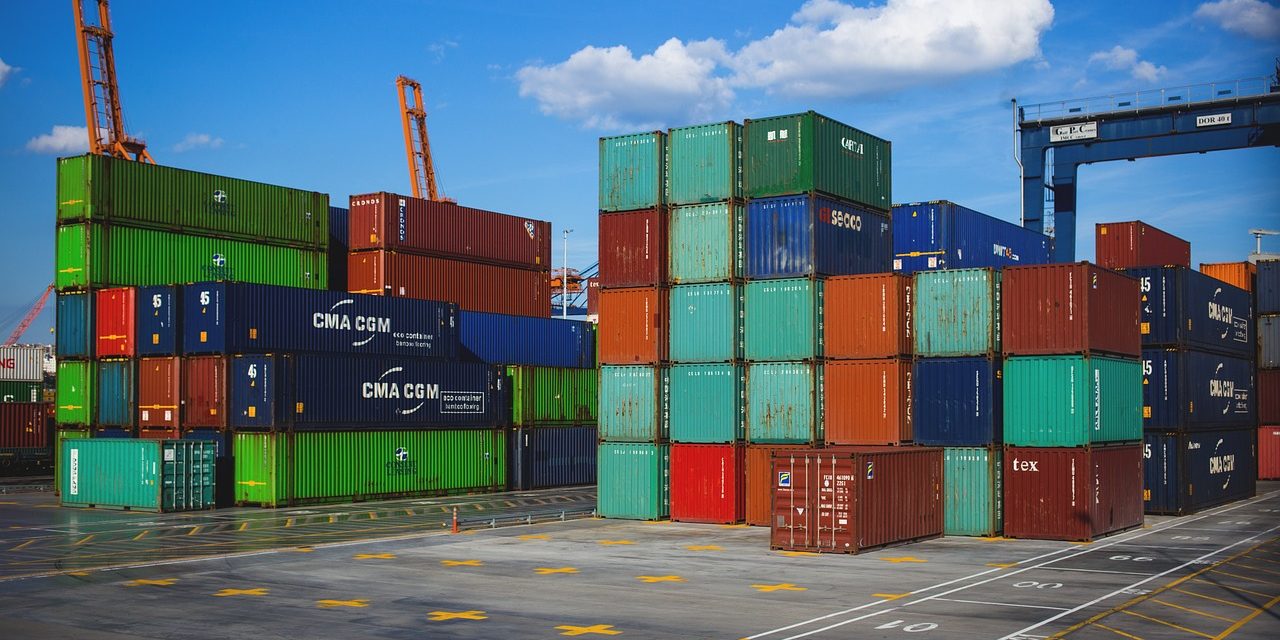Together with Germany and other countries the Belgian EU Council Presidency has foundedthe European Port Alliance in Antwerp. It brings together public and private players to combat organised crime and drug trafficking. The aim is to increase the security of ports and other logistics hubs. Organised crime mainly operates at a transnational level. Rarely offences are regionally limited, but rather offenders cooperate with foreign groups. Therefore, the solution from the local authorities seems only logical: In the “Coalition of European countries against serious and organised crime” Germany, Belgium, the Netherlands, France, Italy and Spain have joined forces to counter the threat the threat at an international level.
More cocaine seized than ever before
At present, France, Belgium and the Netherlands in particular are currently struggling with drug smuggling. In Rotterdam and Antwerp alone, a total of 160 tonnes of cocaine in 2022 were seized – more than ever before. Federal Minister of the Interior Nancy Faeser (SPD) was combative: “The growing pressure from the drug cartels on Europe also affects Germany, especially the port of Hamburg.”
This new port alliance has already seen years of exchange of experience between the major European ports. The establishment of the alliance does not yet mean any operational agreements, but merely an agreement between port operators, freight companies, haulage companies, police and customs. Drugs are being smuggled to Europe in unprecedented via the harbours, so that control of the millions of containers must now be checked using AI approaches to identify suspicious containers. However, this could become more difficult, because the raw materials for fentanyl – mostly from China – are authorised in the medical field, but form the basis for synthetic opioids.







